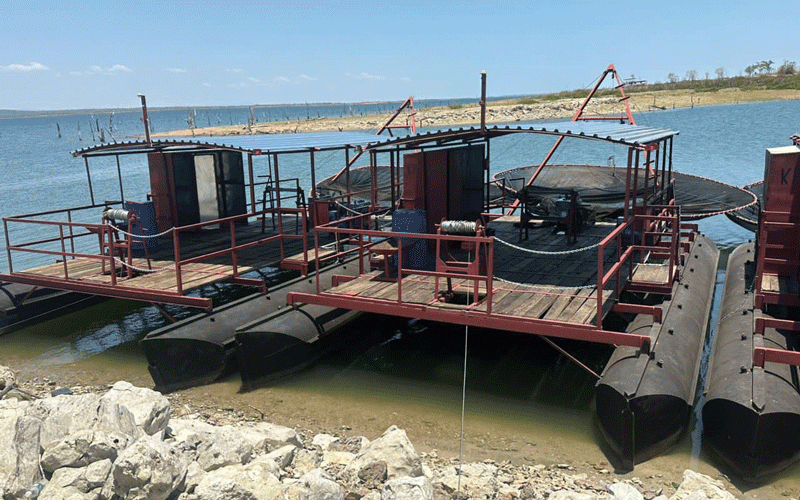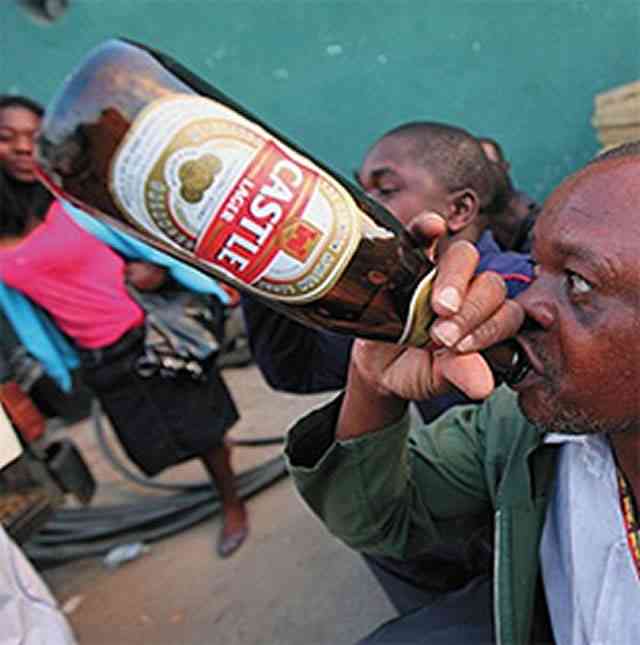
Traditional leaders in Binga, Matabeleland North have raised concerns over steep licensing fees and limited market access for their catch saying it threatened the success of the Presidential Fishing Rigs initiative.
In April 2022, President Emmerson Mnangagwa donated 17 fishing rigs to chiefs, women, and youths in Binga as part of the Second Republic’s broader rural empowerment strategy.
The move was aimed at boosting food security, creating employment and uplifting communities that have long lagged behind in development.
Since then, the initiative has significantly benefited beneficiaries in remote areas of Binga, enabling many to support their families and invest in education for their children.
However, while the chiefs acknowledged the project’s impact, they also pointed out operational challenges threatening its long-term viability.
Chief Sinasengwe raised concerns about cross-border issues, high permit costs and lack of visible development from the revenue collected through the licensing of fishing rigs.
“The initiative is good, but we are facing problems,” said Chief Sinasengwe while speaking on behalf of traditional leaders in the district.
“My rig, for example, was blown into Zambia by the wind, and now it’s stuck there.
- Chamisa under fire over US$120K donation
- Mavhunga puts DeMbare into Chibuku quarterfinals
- Pension funds bet on Cabora Bassa oilfields
- Councils defy govt fire tender directive
Keep Reading
“We also have to pay high fees to the Zimbabwe National Parks and Wildlife Management Authority for licenses - around US$1 000 per year - and if your rig is caught without a permit, you are fined up to US$2 000.
“We are paying all this, but we don’t see any development here in Binga. “Where is that money going?”
He said while the president’s vision was commendable, some government departments were also frustrating the local fishers.
“We don’t have issues with the president, but some government workers, like those at National Parks, are giving us a hard time,” said Chief Sinasengwe.
He also pointed to inconsistent fish yields, such as the seasonal availability of Kapenta, as another hurdle.
In good seasons, the community shares the catch with vulnerable groups, including orphans and the elderly, but in lean periods, the rigs yield little.
Another challenge that was highlighted was the lack of a dedicated market for Kapenta fish, which limits income-generating opportunities and stifles growth for local operators.
“We don’t have a proper market for our fish. That’s a big challenge,” Chief Sinasengwe said.
The fishing rigs project is part of government efforts to utilise local resources for rural industrialisation.
With Binga situated along Lake Kariba, fish farming has been identified as a low-hanging fruit in Zimbabwe’s broader vision for economic empowerment in rural areas.









